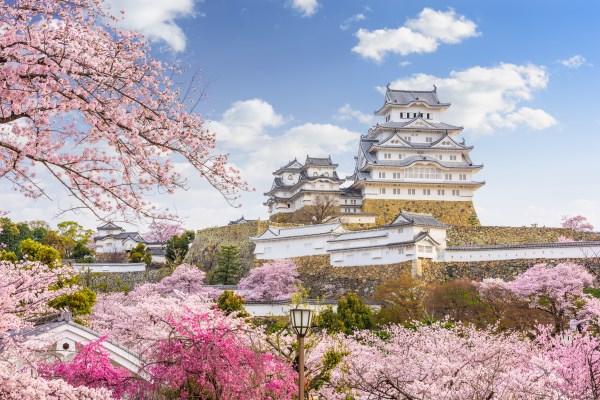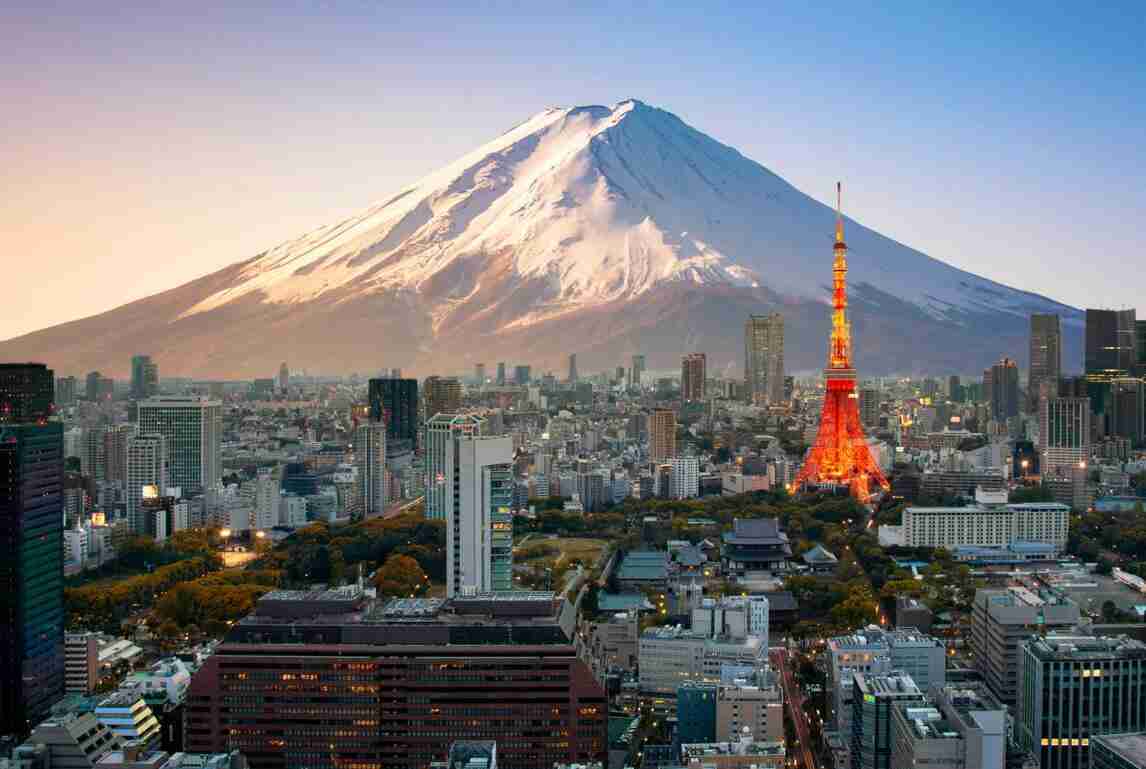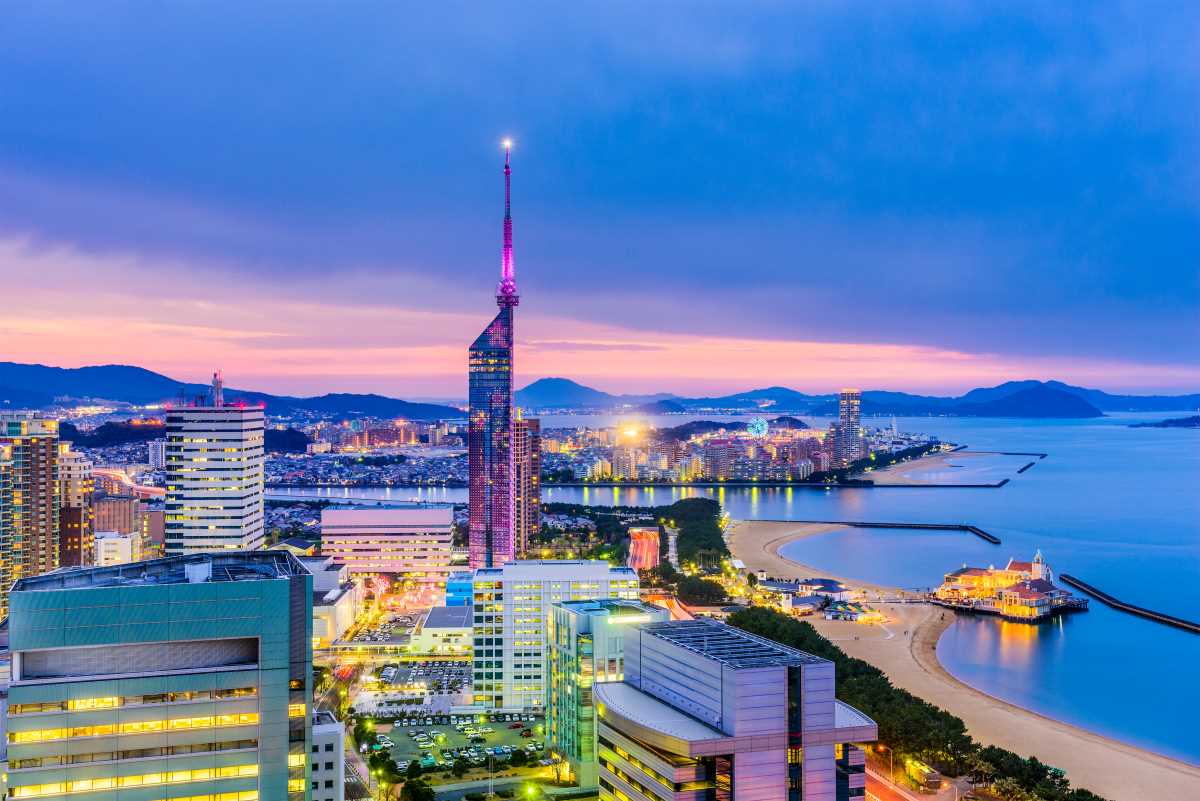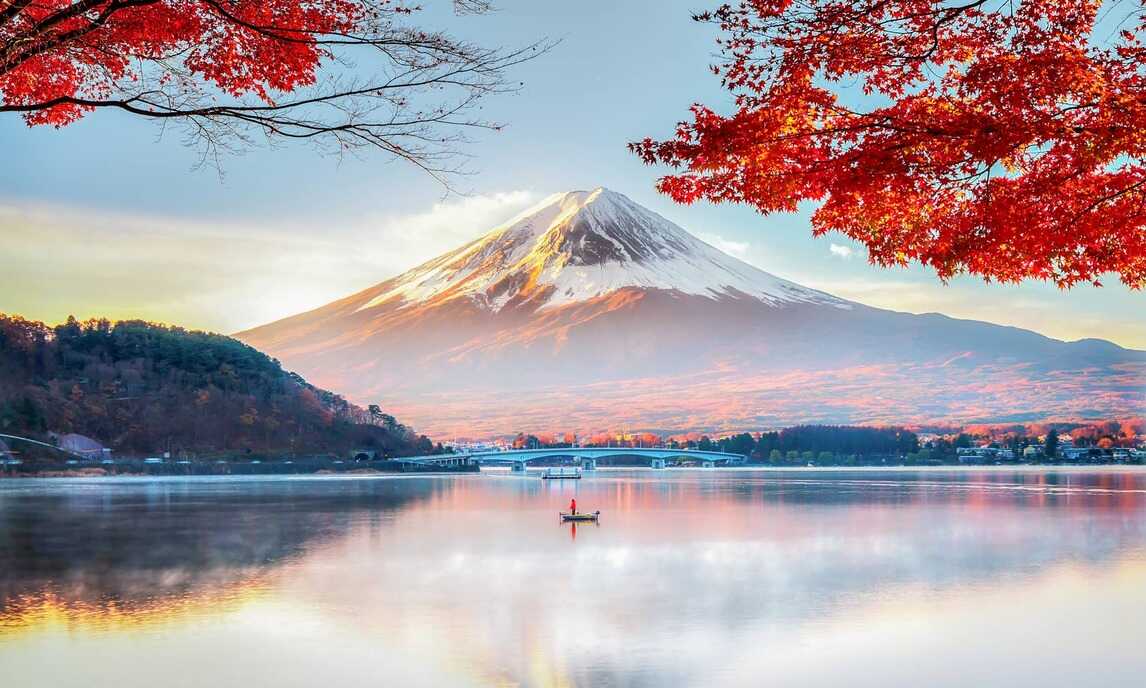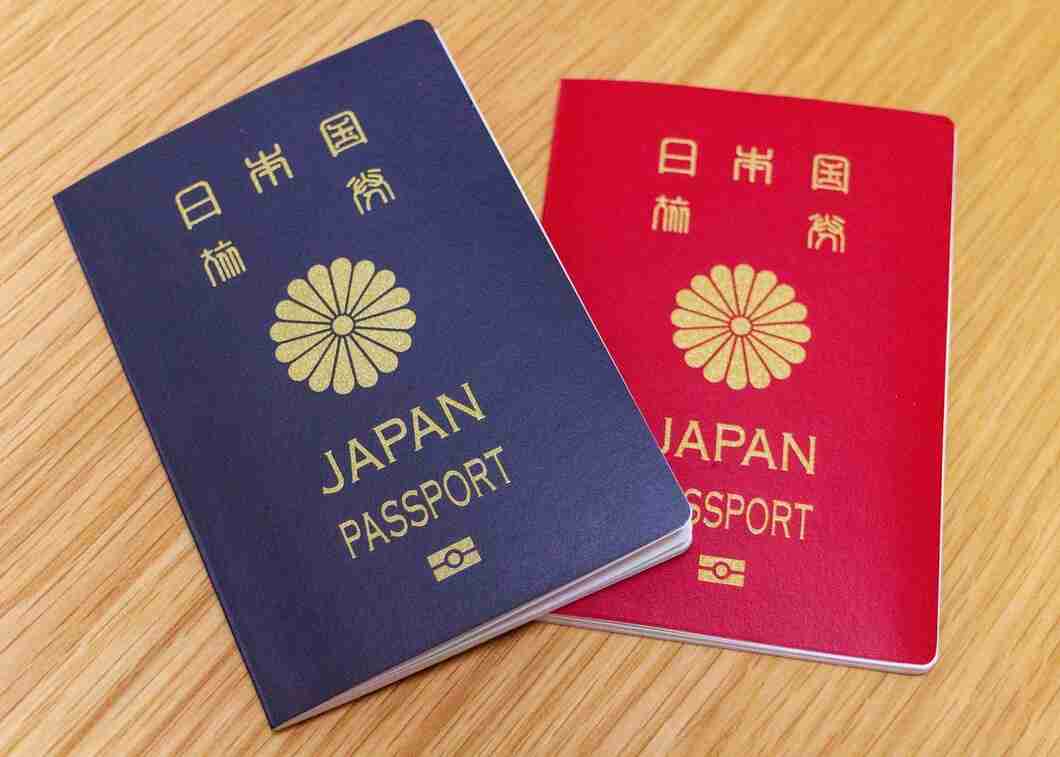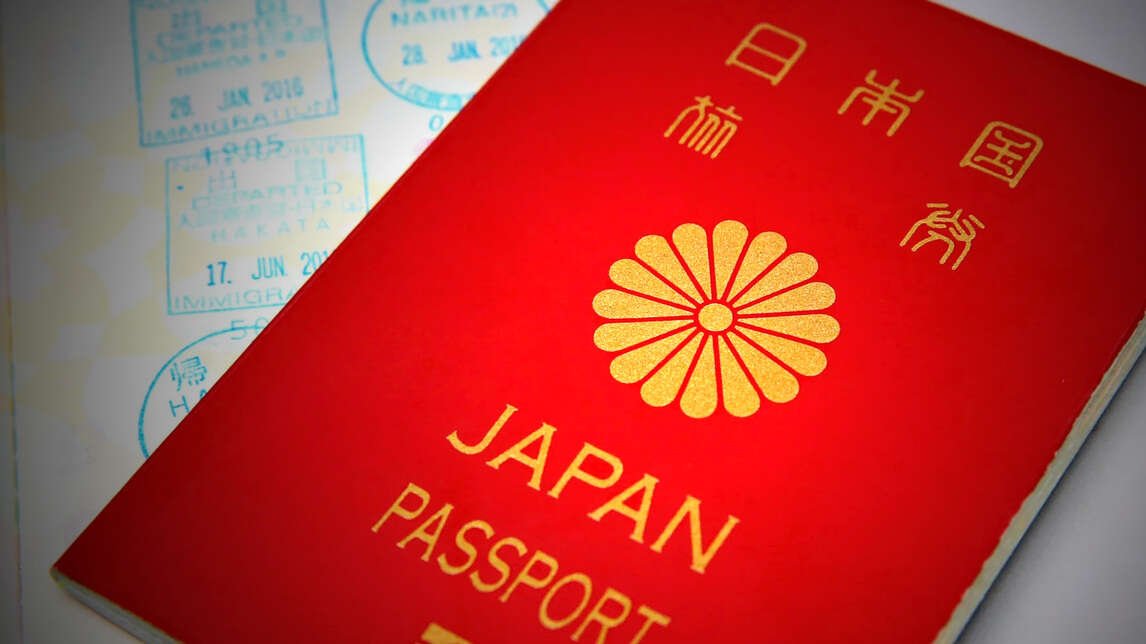
Premium Starting ₹395

24x7 Missed Call Facility



Travel Insurance
Trip Type
- Country
- Geography
10 Common Tourist Scams in Japan and How to Avoid Them
Japan is known to be one of the most resilient countries in the world and saw close to 4 million tourist visits in 2022. Known for its futuristic cities, tall skyscrapers that make for a scenic skyline, attractive food, fashion and serenity through nature, the country welcomes tourists year-round.
Rich in culture, traditions, arts and customs; you must be sure that you have enough time to truly explore all of Japan. While doing so, you should also take every step to be secure and safe and not lose out on unnecessary money by falling for petty scams.
Read on to know the different travel scams in Japan and tips you can follow to avoid falling a victim to them.
List of Most Common Tourist Scams in Japan
Let’s look at the most common tourist scams you should avoid when visiting Japan.
1. Rip-off Bar Scams
A person on the street will approach you quoting a special price for all-you-can-drink offers. This offer is for a limited time only, which normally lasts an hour or two at the most. Sometimes, they also mention that the first drink is free. The drinks that you order post will cost you a hefty amount.
In case someone approaches you on the street and invites you into their establishment, it's best to avoid such invitations as you never know what you might be getting into. Most of the time, locals will try to lure tourists in with special offers and prices and then rip you off.
Common around: Shinjuku, Shibuya, Roppongi in Tokyo
2. Spiked Drink Scams
Spiking drinks is unfortunately a common and dangerous scam that occurs to tourists. In Tokyo, places like Roppongi are known where people tend to spike drinks. They usually target tourists or people with credit cards so that they can charge you a higher price when you need to settle your tab.
Since you wouldn't really remember too much of what happened, it is easier for scammers to get away with this. To avoid this scam, when visiting pubs or bars in Tokyo, always bring cash. Avoid using your credit or debit card to pay as they can charge you a higher price than intended.
You must also be aware of your drink and never leave it unattended to avoid getting spiked in the first place. If you are faced with this scam, be sure to report it to the police or the authorities.
Common around: Roppongi, Tokyo.
3. Model Scouting Scams
This scam is common is Japan where people target young girls and solo female travellers. They approach you, usually late at night, asking if you would like to get a job as a model. They might try to convince you by saying that they have contacts.
It is better for your safety to avoid engaging with someone who approaches you late at night. Japan has a big adult video scene, maid cafes and bars that are always looking for young women. The 'modelling job' might not be the one you would want.
Common around: Tokyo.
4. Ore-Ore Scams
Also known as the "It's me" scam, locals usually target older victims by pretending to be their relative. They call the victim by phone and create an emergency where they ask the victim to transfer some money immediately.
This usually works because older people are easily susceptible and generous. Japan still runs on a cash-based economy, so asking for money is common. Scammers also tend to use workplace mistakes as a reason for wanting money, and since work etiquette is important, victims tend to fall for this scam.
You can avoid this scam by being alert when a new number tries to contact you in a foreign country. Identify your relative and double check if they are really in need of money.
Common around: Shizouka, Tokyo.
5. Shopping Scams
Japan is a booming centre for main pop culture and street fashion enthusiasts. Places like Takeshita Dori are very famous among tourists for its food and fashion stores. It is known to be the centre of teenage culture, with a high volume of foot traffic.
However, you will find some stores selling knock-offs clothes and sportswear. They also display fake discounts and have pushy vendors who use high-pressure sales tactics to get you to make a purchase.
When you go shopping in the streets of Japan, always check the quality, material and branding of the clothes if you are particular about the fashion you wear/buy. Vendors might charge you high prices with poor quality, so re-check the product before making a final purchase.
Common around: Well-known shopping districts like Shinjuku and Shibuya in Tokyo or Dotonbori in Osaka.
6. Charity Scams
The Charity scam targets everyone as it works on the individuals' desire to help others in need. In this scam, you will be approached by a person on the street claiming to be part of an organization. They will ask you to donate to a relief fund and show you receipts of other donors who have pledged high amounts.
In most cases, these names and prices are written by the scammers themselves. You will be pressured to donate a high amount that won't go to any actual fund.
To avoid falling for this scam, you can avoid interacting with someone who approaches you on the street asking for money. If you do want to donate, you can search for the organization's official website and donate through it.
Common around: Popular tourist spots, transportation hubs, and shopping districts around Japan.
7. Buddhist Monk Scams
This scam is very common around Asia. In popular and crowded tourist hubs, you will find people dressed as Buddhist monks approaching tourists asking for alms or offering a small charm. These people are not real monks and are simply there to trick tourists into giving them money.
After they have offered you a gift, they will pull out a notebook showing you names of people who have made a "donation". You will be pressured into giving them some money before they can walk away.
An easy way to avoid this scam is by spotting the monks first. Buddhist monks are not allowed to sell you anything or go around asking tourists for donations. So, if you see someone similar approach you, politely refuse and walk away.
Common around: Public events, tourist sites, transportation hubs, shopping districts in Kyoto and Tokyo.
8. Note Scams
Fake monetary notes are still circulated in many tourist hotspots in Japan. Since the country functions on a cash-based system, there are a lot of small stores that will try to scam you of your money. In some cases, you will be handed fake currency when you get back your change. Other times, you might be handed other denominations instead by distracting you.
You should always check the note and currency you are getting before putting it in your wallet. Make sure that it is a real note and not counterfeit money. Also be sure to count the amount you are being returned to ensure that it is the right change.
Common around: Tokyo's Kabukicho or Osaka's Dotonbori are common places where you might get scammed. Shopping centers, restaurants and local pubs around Japan are also common areas.
9. Pick Pocketers
Although the crime rate in Japan is quite low, pickpockets are common. This is rampant in busier shopping districts, tourist attractions, etc. Pick pocketers will try to distract you or cause a commotion, leaving you open and vulnerable. They can then steal your wallets, handbags, electronic gadgets, important documents, etc.
To avoid this tourist trap in Japan, always keep your passport and other valuables in the inner-most compartment of the bag and never leave it unzipped. Be aware of your surroundings when in public places to avoid getting pickpocketed.
Common around: Nishiki Market in Kyoto or Dotonbori in Osaka.
10. Restaurant Scams
The Japanese cuisine is a well-known for its emphasis on its seasonal ingredients. That's why whenever you visit Japan, trying local food is a must! In some restaurants however, owners might have a separate menu especially for tourists with higher prices. They might also have hidden fees or charge you an amount just for using the table.
When going to a restaurant, always check the prices of the dishes online or ask a local for good recommendations. If the prices of some dishes are hidden or unclear, always ask the owner to clarify.
Common around: Kabukicho and Shibuya in Tokyo. Other popular tourist places in Osaka.
How to Avoid Travel Scams in Japan?
While Japan is generally a safe and welcoming travel destination, like any other place, it's important for tourists to be aware of potential scams. To protect yourself from these scams:
- First, you must get yourself Travel Insurance to Japan to completely secure your trip. Now that you know that petty crimes like pickpocketing can happen in Japan, if you lose your passport or other official documents, our cover can help secure your finances. Not just this, you can read more about our coverages here.
- Keep your belongings secure and be aware of your surroundings.
- Avoid engaging in conversation with strangers especially if it feels like they are trying to lure you in or sell you something you don’t want.
- You can ask locals for places to visit like restaurants or shopping recommendations and research the price of items before making a final purchase.
- Be careful of counterfeit money when in Japan. Always check the notes you receive and ensure you’ve gotten the right amount of change.
Emergency Resources for Travel Scams in Japan
To reach out to officials in case of any emergency in Japan, you can use the following contacts:
Police: 110
Fire/Ambulance: 119
Coast Guard: 118
Emergency questions/queries: 7119
Japan Helpline: 0570 000 911
Tourism Information Center (9am – 5pm): 03 3201 3331
Indian Embassy, Consulate and High Commission in Japan: +81 3 3262-2391 to 97 or 00-81-06-4963-3219
Japan is a very safe country to visit, and these scams should not discourage you from exploring the country. Tourist scams can happen anywhere and anytime, but by educating yourself on the kinds of scams and with these simple tips, you can easily avoid falling for scams.














